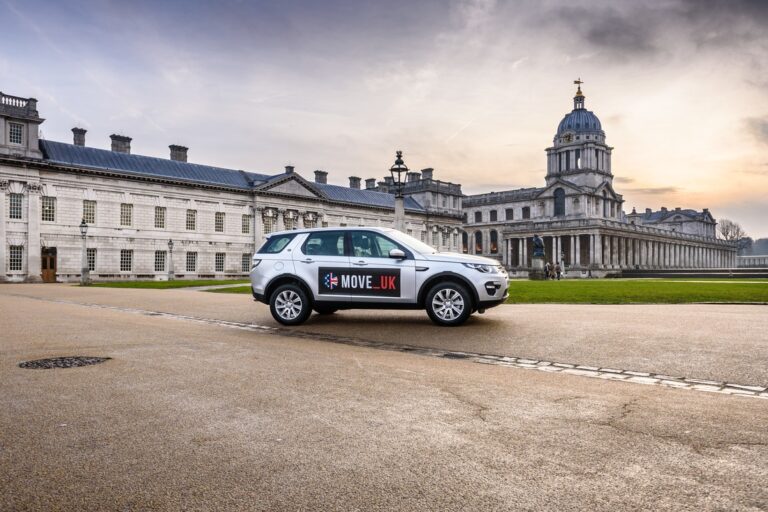Autonomy is evolutionary, not revolutionary, so industry excitement must be balanced with a
strong focus on the more technical aspects such as the need to comprehensively test
automated driving functions before launching them to the market.
It is the less attention-grabbing, grassroots research and development that will play a key role in making
autonomous vehicles part of our day-to-day mobility mix.
Validation of Automated Driving Systems
Real-world vehicle testing is essential to better understand how automated driving functions
respond to everyday driving situations. This is why the MOVE_UK project is collecting key
intelligence from a fleet of production vehicles driven on public roads. Last October, it
completed the first phase of the trials in which these vehicles were driven around London for
more than 30,000 miles. The data gathered will help ensure that future self-driving
technology get to the market quicker and that automated vehicles drive in a natural way,
retaining the positive driving characteristics of a good human driver.
Collaboration
These initiatives are only possible through collaboration between industry partners, working
with national and local governments. The consortium behind MOVE_UK thrives on being
collaborative. Led by Bosch, with investment from the UK Government’s Intelligent Mobility
Fund, the trials use Jaguar Land Rover vehicles and are taking place in the Royal Borough
of Greenwich with council workers using the cars for their everyday business activities. TRL
provide the data storage capability and also support with data analytics expertise, whilst
Direct Line and The Floow provide insurance and telematics insights. The more of these
projects that exist, the better connected the technology and key facilitators will be.
Data collection and storage
Storage of the data collected must be carefully considered, both from a logistical and
security perspective. Event-triggered data is recorded intelligently to reduce the total volume
of data collected, and is automatically transferred to a central, encrypted server. This allows
researchers remote access to carry out data analytics, whilst maintaining a high level of data
security.
Accepting the mundane side of autonomy
For automated vehicles to be widely deployed, the necessary regulations, safety
requirements and insurance products need to be in place. For example, continuous data
collection will allow the development of more accurate insurance products for self-driving
technology and will ensure that pricing is more closely linked to risk. The public and society
as a whole stands to gain much from automated vehicles, but these benefits will only be
unlocked if we focus on the everyday reality they’ll operate in. It is by creating a strong
technical foundation that we will ultimately meet society’s vision for autonomy.
by Simon Morley, lead project manager for Move_UK at Bosch


